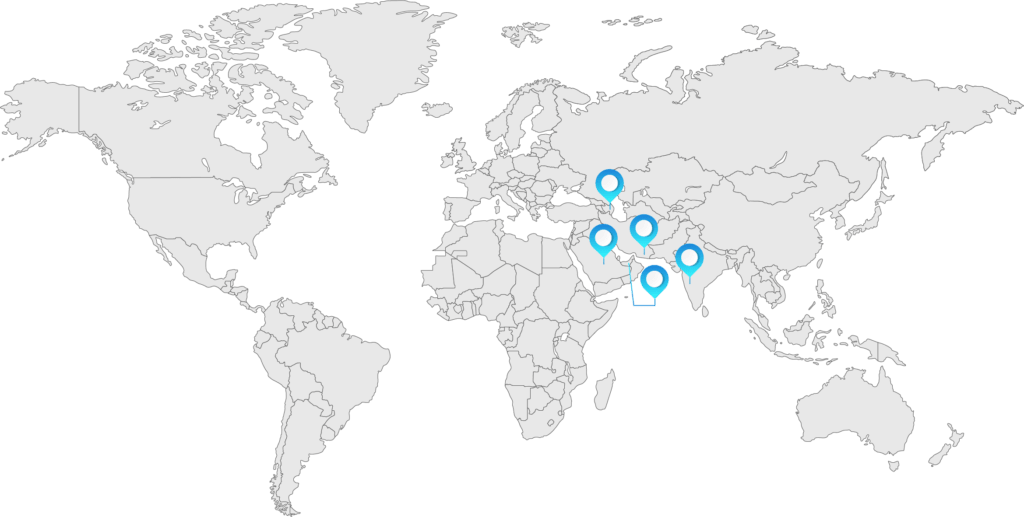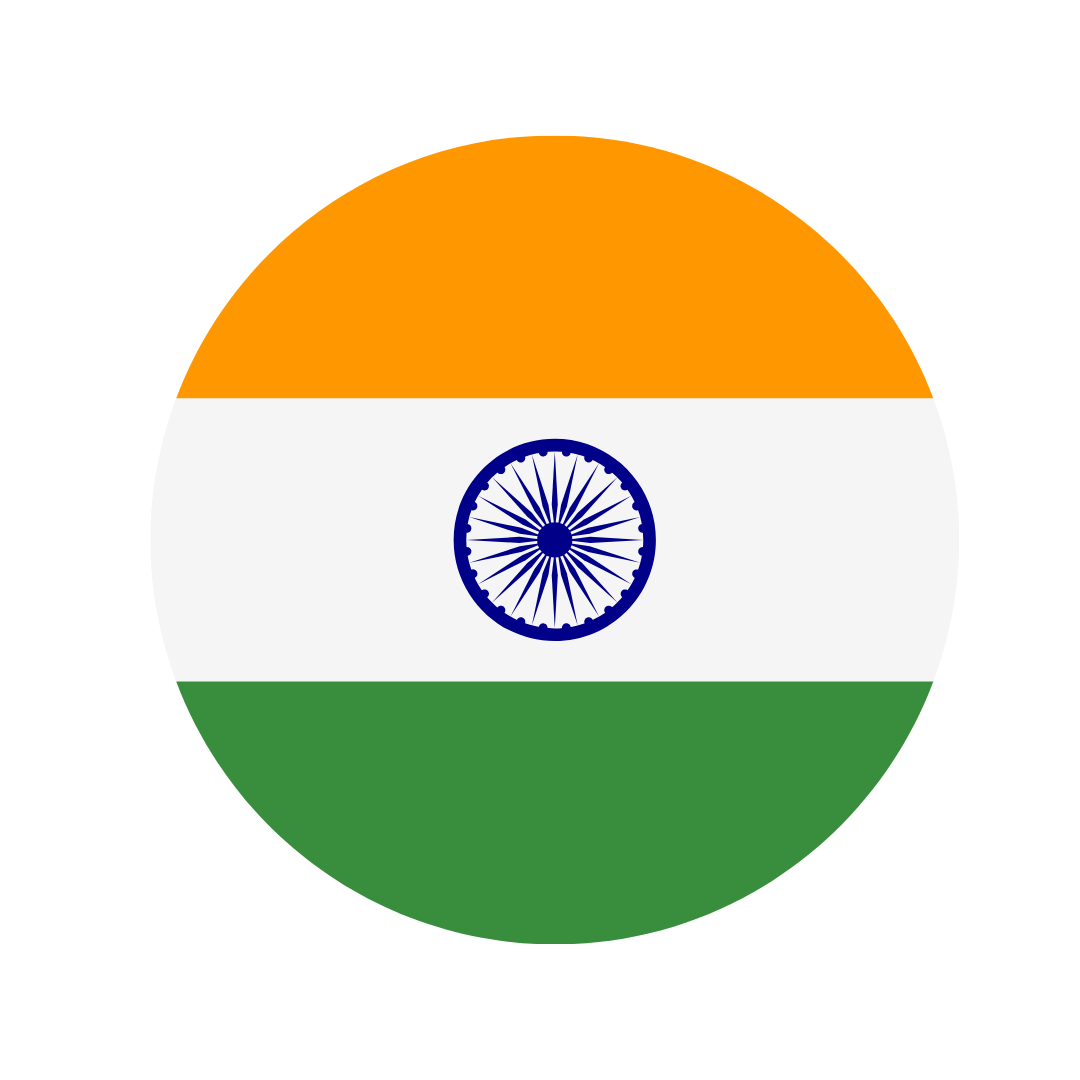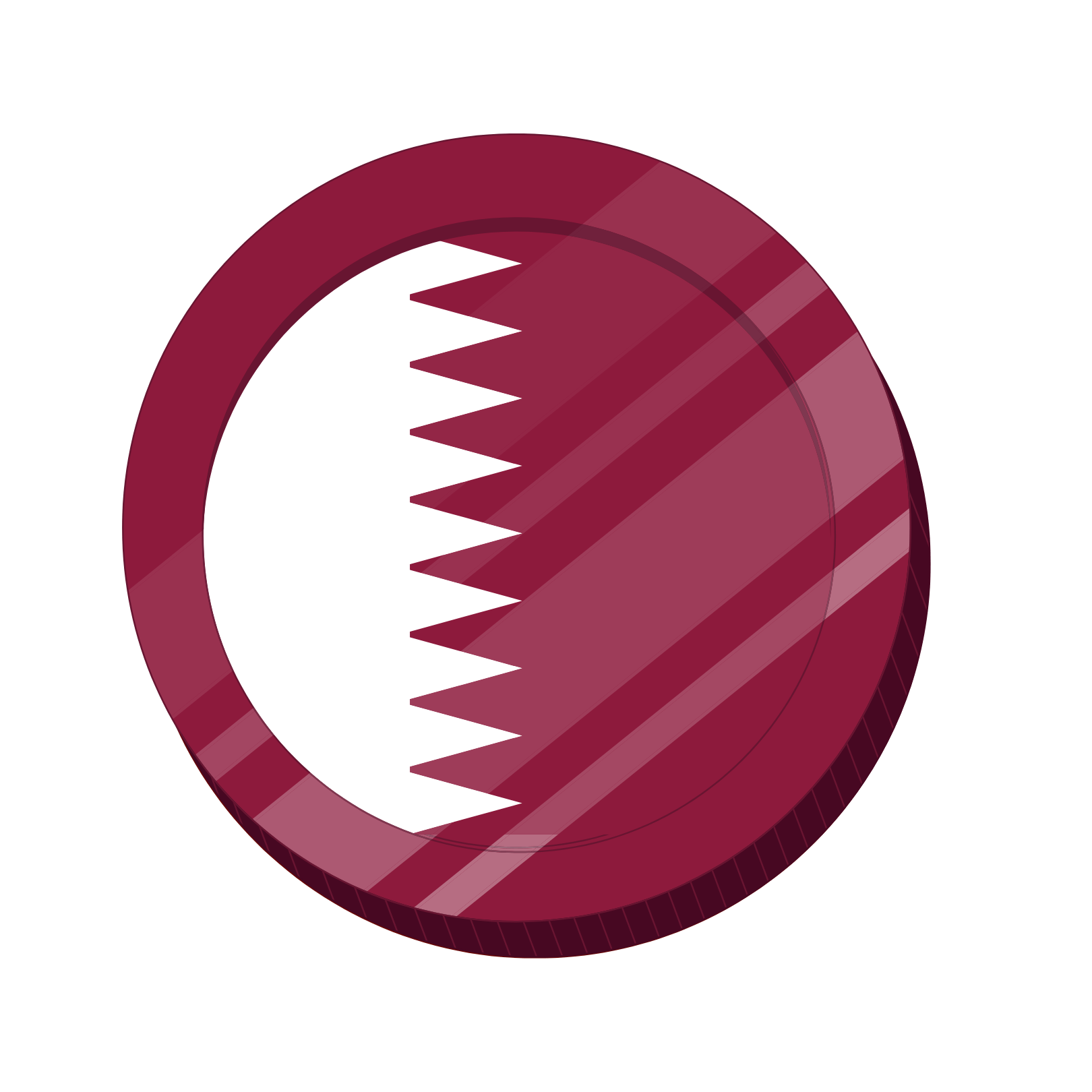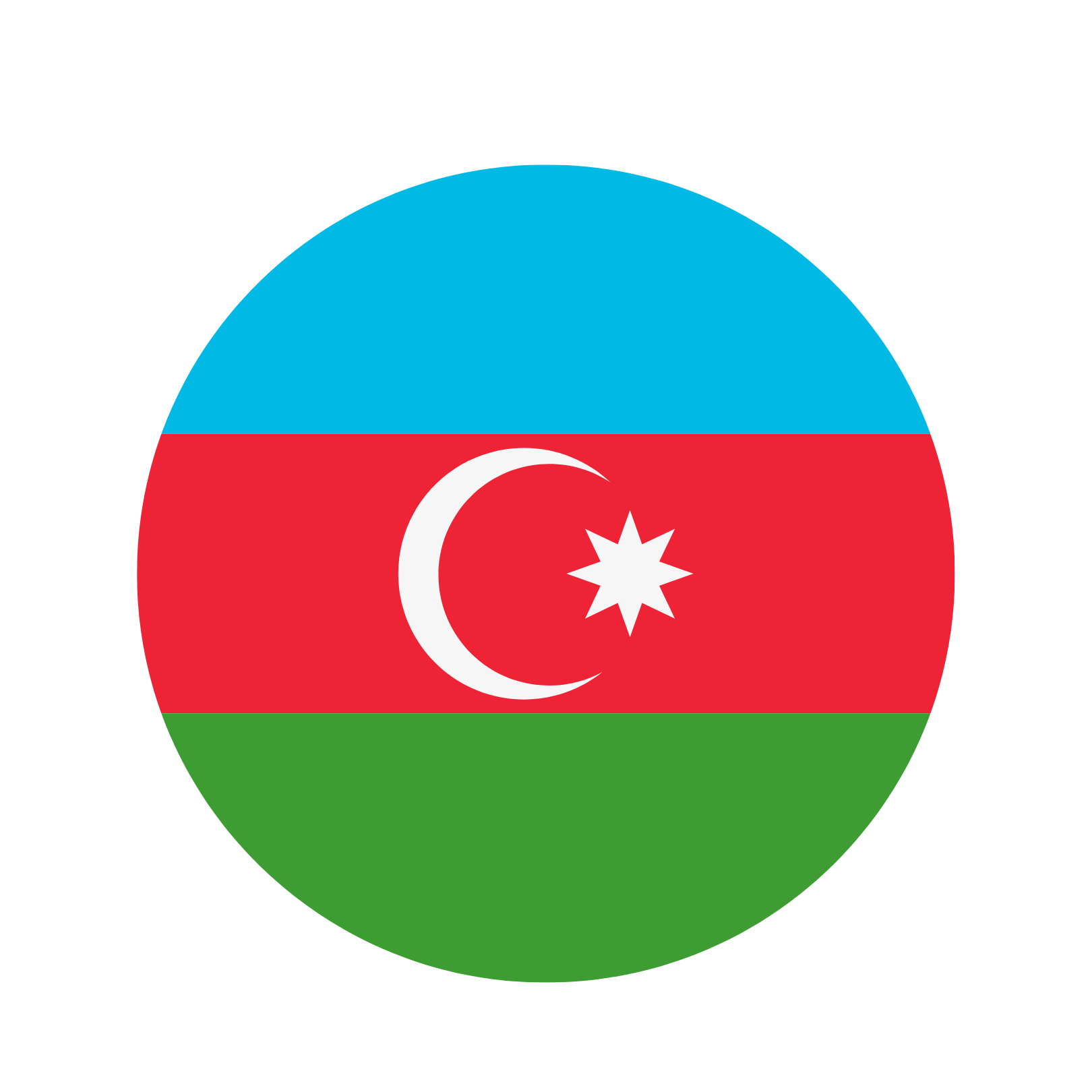MBBS in Russia
About MBBS in Russia
Study MBBS in Russia for Indian students is a best opportunity. Russia is a very well known country for producing quality doctors. It has a history of providing good medical education and providing exposure to students from worldwide too who aspire to become doctor.
Earlier Medical Education in Russia, was offered in only Russian language making it difficult for Indian students to clear their MCI Screening Test after completion of MBBS in Russia. But since 2001, English medium has been started there which turned out to be a very profitable for almost all Medical Colleges of Russia as well as for students . For students who have passed out their intermediate with biology stream, can easily take MBBS Admission in Russia. The procedure is quite simple. The student should have minimum 50% aggregate in PCB (Physics, Chemistry & Biology) & should be of minimum 17 years by the last date of that year.
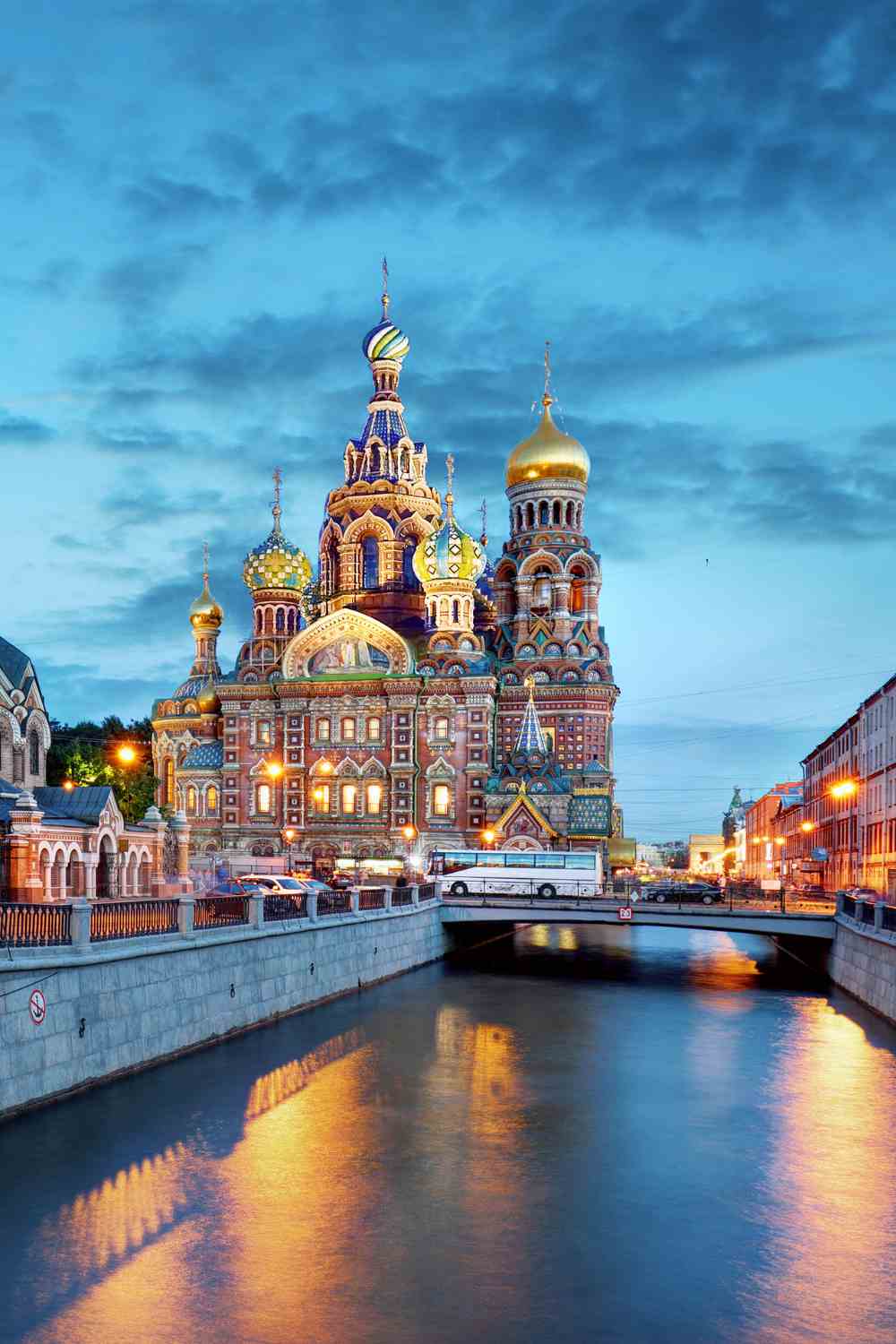

MBBS Fees in Russia
We offer the lowest MBBS fees in Russia to students who want to study MBBS in Russia. Indian students can apply for direct MBBS admission in Russia on the basis of eligibility as the admissions are open.
The total MBBS fees in Russia for Indian students ranges from 16 Lacs to 30 Lacs for full MBBS course. It is one of the main reasons that Indian students choose Russia as their destination to study MBBS abroad. The duration of medical course is 6 years in English medium.
What is the eligibility for MBBS admission in Russia ?
Eligibility for MBBS admission in Russia
- 50% marks in PCB in 12th/Inter (40% marks for SC/ST/OBC)
- NEET qualification (2019/2020/2021)
- Minimum 17 years age (Till 31st December 2023)
Few medical universities in Russia require 60%-70% in 12th/Intermediate from Indian students instead of the 50% marks criteria set by MCI/NMC.
Safest Study Destination
Russia Medical University Yearly Fees
Detailed MBBS fee structure in Russia of the best medical colleges in Russia for the 2023-24 (September) session below :
* Yearly MBBS fee in Russia includes tuition fee, hostel fee & medical insurance too.
* 1 USD = INR 75 applied at the time of preparing above MBBS fees structure.
* Amount payable may differ at the time of exchange depending on forex rate.
*Mess charges will be 100 to 120 USA per month / depending upon university mess service provider
*Visa and processing charges in India 2000 USD, Ticket Extra
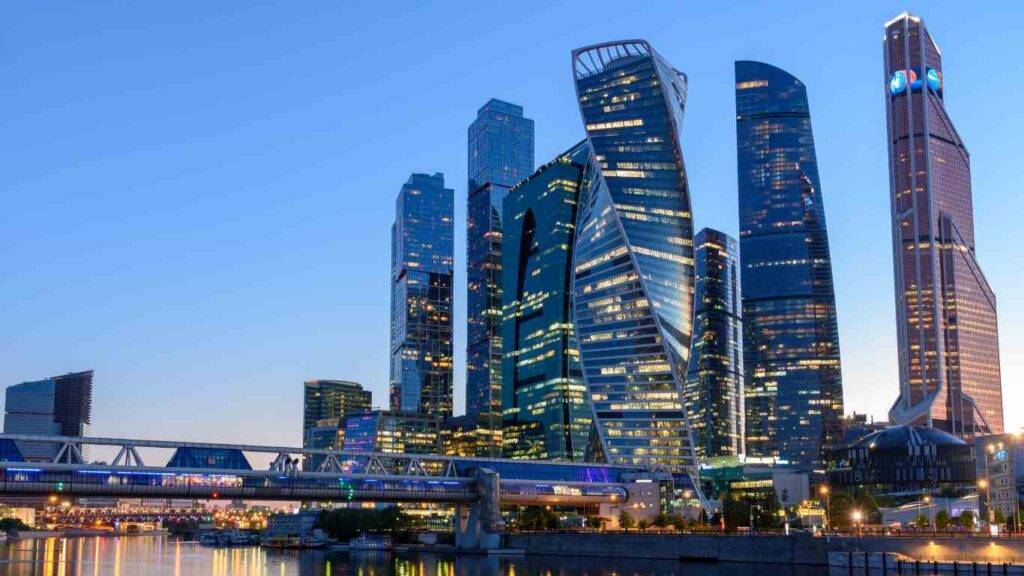
What is the eligibility for MBBS admission in Russia Medical University ?
The eligibility for MBBS admission in Russia for Indian students is easy & straight forward as below :
- 50% marks in PCB in 12th/Inter (40% marks for SC/ST/OBC)
- NEET qualification (2019/2020/2021)
- Minimum 17 years age (Till 31st December 2021)
* Few renowned medical universities in Russia require 60%-70% in 12th/Intermediate from Indian students instead of the 50% marks criteria set by MCI/NMC.
Russia Medical University Fees Structure
|
University
|
MBBS Fees (Approx.)
|
|---|---|
|
Moscow State Medical University
|
$6,000 to $7,000 per year
|
|
Saint Petersburg State Medical University
|
$5,000 to $6,000 per year
|
|
Kazan Federal University
|
$4,500 to $5,500 per year
|
|
Novosibirsk State University
|
$4,500 to $5,500 per year
|
|
Perm State Medical University
|
$4,000 to $5,000 per year
|
|
Kursk State Medical University
|
$4,000 to $5,000 per year
|
|
Peoples' Friendship University of Russia
|
$5,000 to $6,000 per year
|
|
Bashkir State Medical University
|
$3,500 to $4,500 per year
|
|
Orenburg State Medical University
|
$3,500 to $4,500 per year
|
|
Ryazan State Medical University
|
$3,500 to $4,500 per year
|
Top Medical Universities in Russia
Russia is a popular destination for international students looking to pursue medical education.
To apply for MBBS courses in Russia, international students need to have completed their secondary education and cleared the relevant entrance examinations. Most universities also require applicants to have a good score in English language proficiency tests like IELTS or TOEFL.
The cost of studying MBBS in Russia can vary depending on the university and location. However, in general, the tuition fees are relatively affordable compared to other countries, making Russia a popular destination for international students.
Studying MBBS abroad can be a good option for students who are looking for high-quality education and better career prospects
How is the MBBS education in Russia for Indian students?
MBBS education in Russia can be a good option for Indian students:
Quality of education: Russia Medical universities are known for their high standards of education, with many medical programs providing rigorous academic training & practical experience in hospitals and clinics.
Affordable tuition fees: Compared to many other countries, the cost of studying MBBS in Russia can be relatively affordable,
Recognized degrees: MBBS from Russian universities are recognized by international organizations such as the Medical Council of India (MCI) and World Health Organization (WHO), and graduates are eligible to practice medicine in India & other countries.
Language barrier: Although many MBBS in Russia are taught in English, students may still need to learn some Russian to communicate effectively with patients & colleagues during clinical rotations & practice.
Cultural experience: Studying in Russia can be a unique cultural experience for Indian students, allowing them to immerse themselves in the Russian culture and language.
Study Destinations
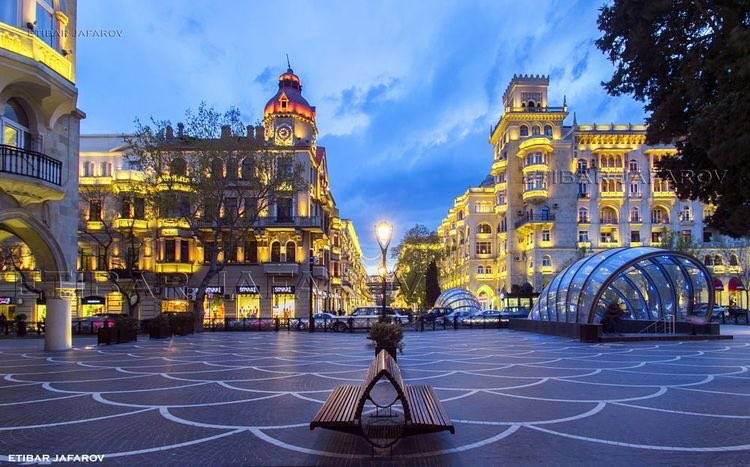
MBBS in Azerbaijan
Show Details
MBBS in Canada
Show Details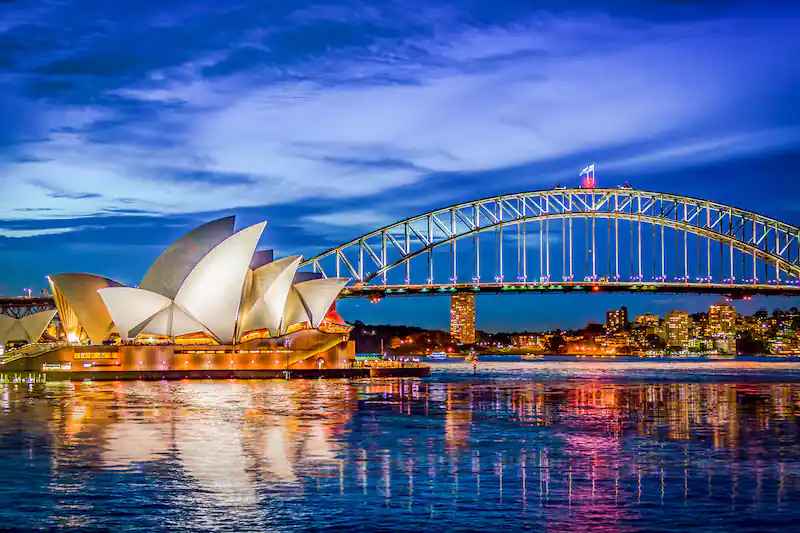
MBBS in Australia
Show Details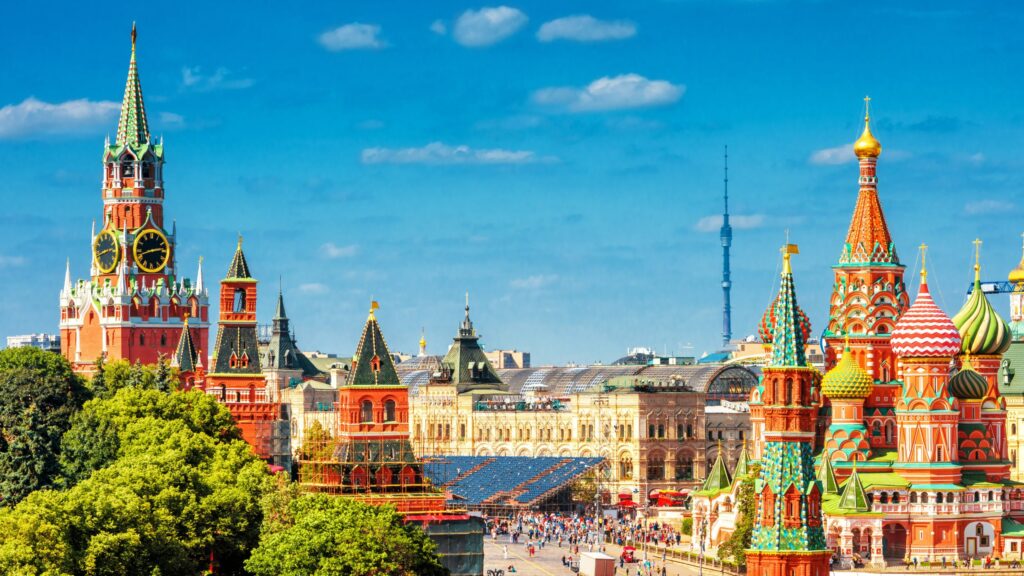
MBBS in Russia
Show Details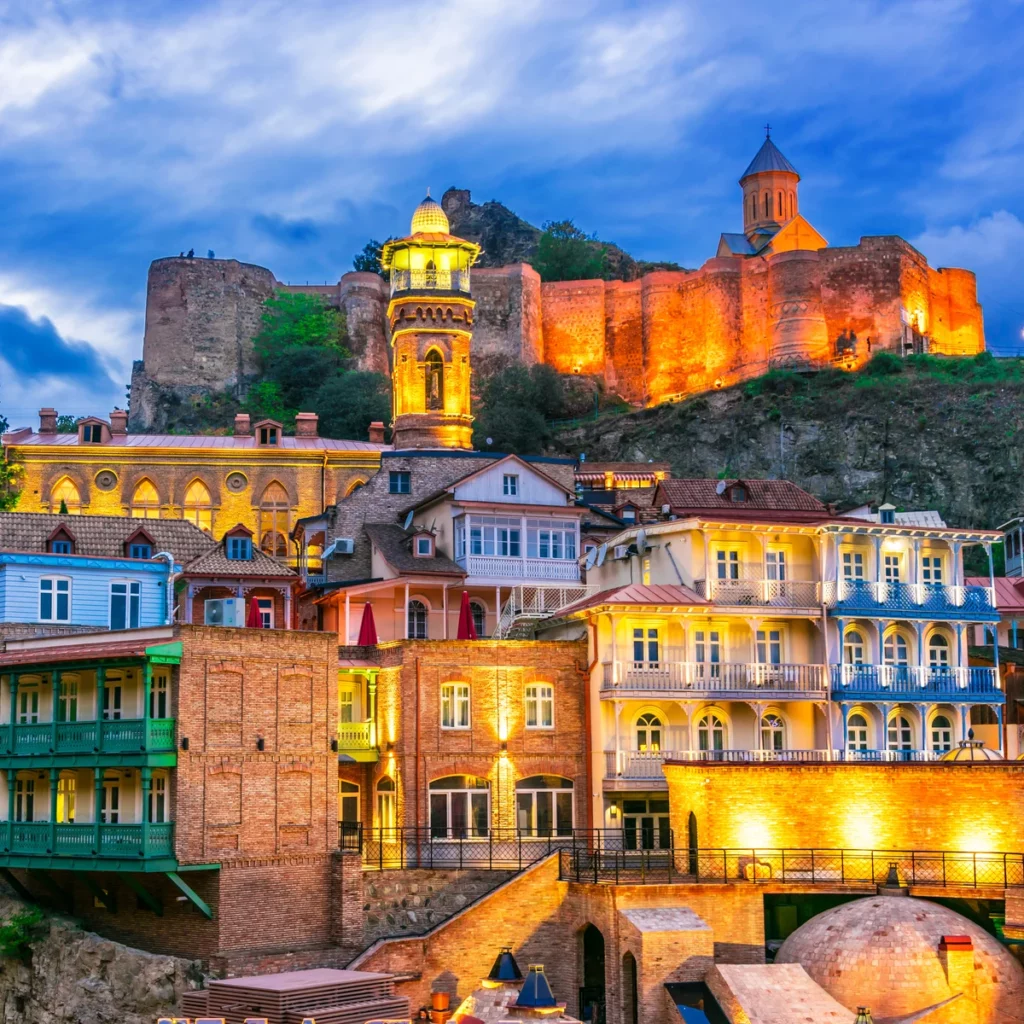
MBBS in Georgia
Show Details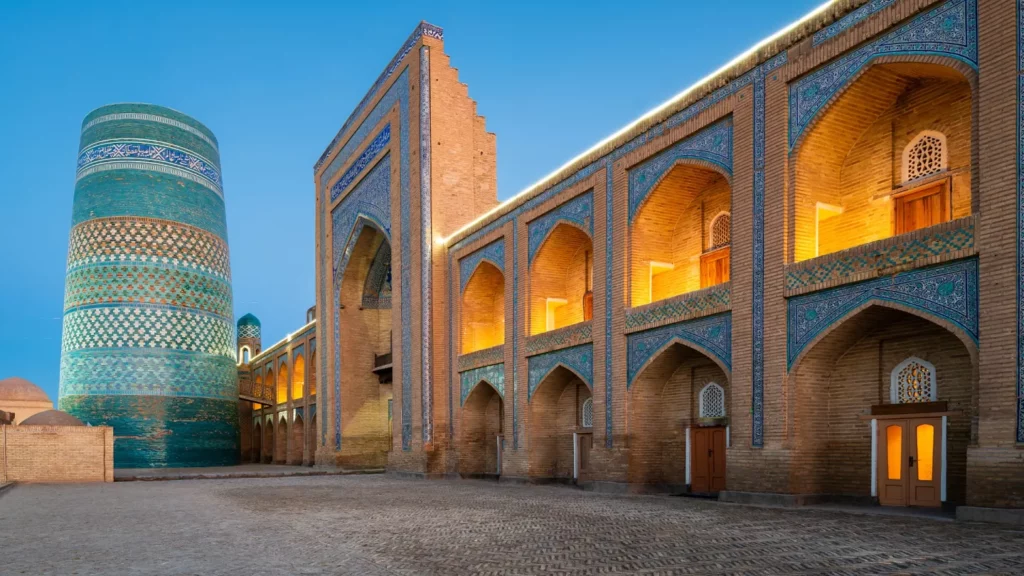
MBBS in Uzbekistan
Show Details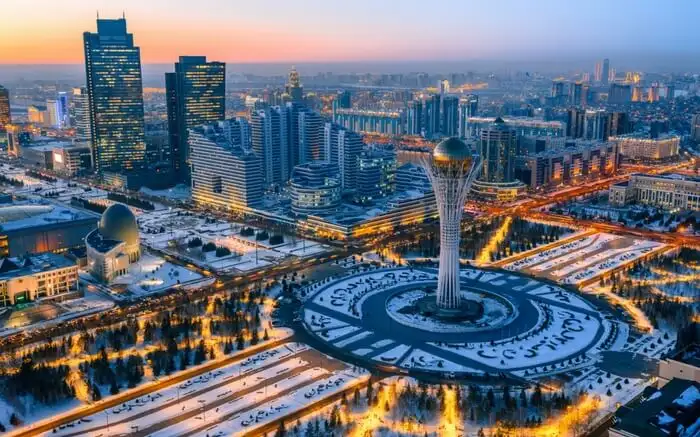
MBBS in Kazakhstan
Show Details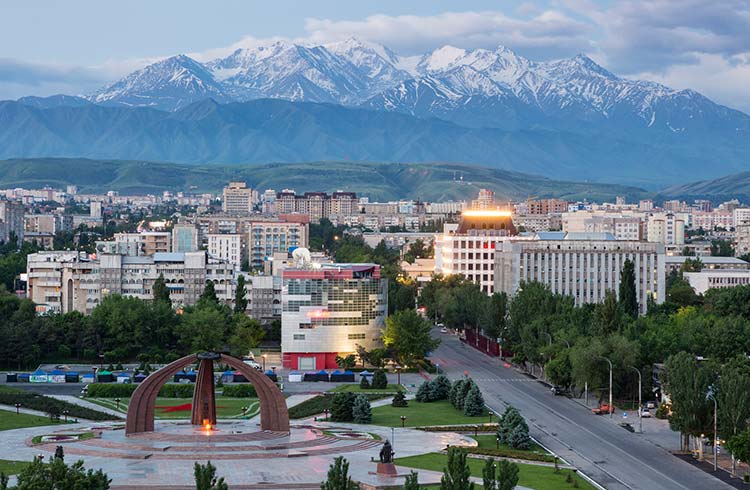
MBBS in Kyrgystan
Show Details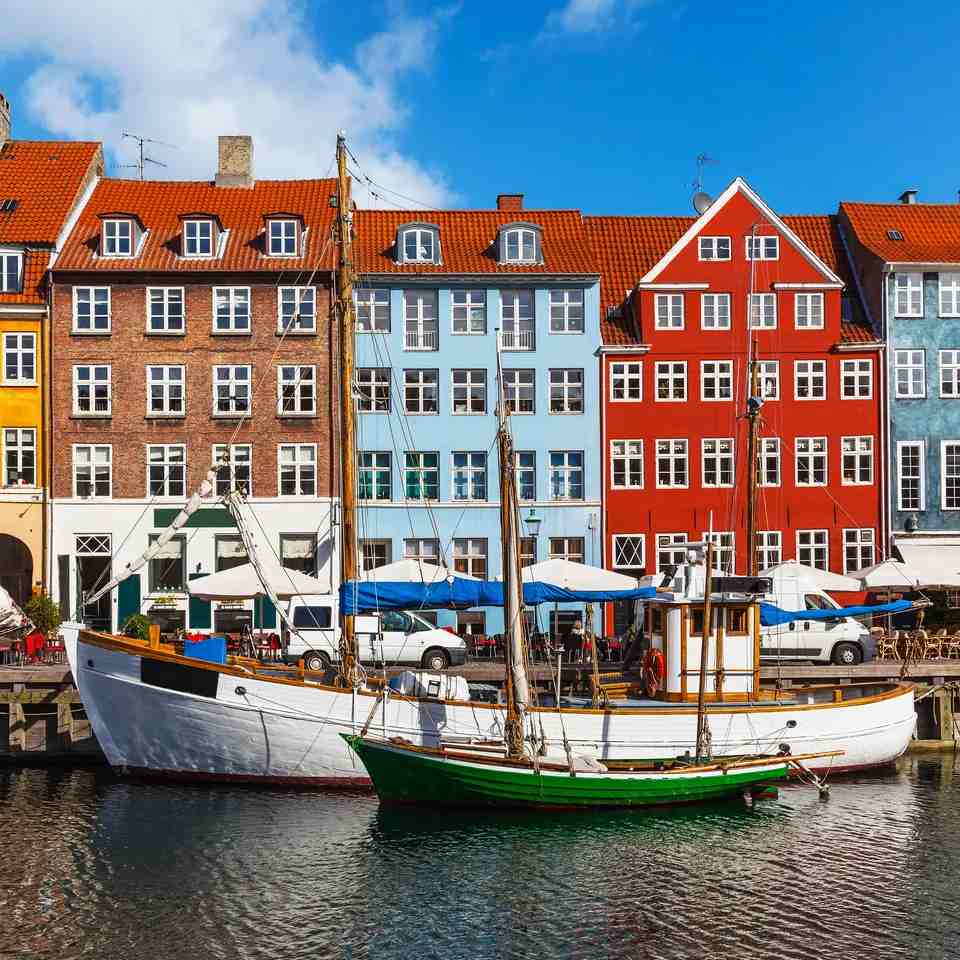
MBBS in Europe
Show DetailsFAQ
Most frequent questions and answers
MBBS in Russia refers to the undergraduate medical degree program offered by medical universities in Russia. The program aims to provide students with the necessary skills and knowledge to become successful medical practitioners.
What are the reasons studying MBBS in Russia is a great option include:
• Affordable tuition fees: MBBS programs in Russia are relatively cheaper compared to other countries like the USA or the UK.
• Quality education: Medical universities in Russia are well-equipped with modern facilities and offer a high-quality education that meets international standards.
• Global recognition: MBBS degrees from Russian medical universities are recognized by leading medical councils across the world, including the WHO, MCI, and GMC.
To gain admission to an MBBS program in Russia, applicants must meet the following requirements:
- Age: Applicants should be at least 17 years old and not more than 25 years old at the time of application.
- Academic qualifications: Applicants should have completed their high school education with good grades in subjects like Physics, Chemistry, and Biology.
- Language proficiency: Applicants should be proficient in the Russian language or English language, depending on the medium of instruction for the program.
- Medical tests: Applicants must pass a medical test to prove that they are physically and mentally fit to pursue the MBBS program.
The duration and structure of MBBS programs in Russia vary depending on the university. However, most MBBS programs in Russia have a duration of 6 years and follow a similar structure, which includes:
- Pre-clinical phase: This phase usually lasts for two years and involves classroom teaching and laboratory work.
- Clinical phase: This phase usually lasts for three years and involves practical training and exposure to real-life medical cases.
- Internship: This phase usually lasts for one year and involves hands-on training in a hospital or clinical setting.
Completing an MBBS program in Russia opens up several career opportunities for graduates, including:
- Clinical practice: Graduates can pursue a career as a medical practitioner in hospitals, clinics, and private practices.
- Research: Graduates can opt for a career in research and work in areas like medical science, biochemistry, and biotechnology.
- Academia: Graduates can pursue teaching positions in medical universities or train new medical students.
Living expenses and accommodation options for international students in Russia depend on the location and lifestyle of the student. On average, international students can expect to spend around USD 300-400 per month on accommodation, food, and other expenses. Accommodation options for international students in Russia include:
- University dormitories: Most universities in Russia provide on-campus accommodation for students, which is a convenient and affordable option.
- Private apartments: International students can also choose to rent private apartments, which can be more expensive but offer more privacy and independence.
- Homestays: Living with a local family is another option for international students, which offers an immersive cultural experience and the opportunity to practice language skills.
The cost of studying MBBS (Bachelor of Medicine, Bachelor of Surgery) in Russia varies depending on the university and the city where the program is offered. On average, the cost of tuition for MBBS programs in Russia ranges from $3,500 to $7,000 per year for international students.
Studying MBBS in Russia can be a good option for Indian medical students for several reasons.
The key factors to consider:
Affordable tuition fees: As mentioned earlier, the cost of tuition for MBBS programs in Russia is generally lower than in other countries, making it an attractive option for students who are looking for a more affordable alternative.
High-quality education: Russian universities are well-known for their high-quality education in medicine, with many institutions ranking among the top medical schools in the world.
Wide range of options: There are many universities in Russia that offer MBBS programs in English, making it easier for international students to pursue their studies without a language barrier.
Global recognition: MBBS degrees from Russian universities are recognized globally, including by the Medical Council of India (MCI), allowing students to practice medicine in India after completing their studies.
Cultural exposure: Studying in Russia can also provide Indian medical students with a unique cultural experience, allowing them to interact with people from different backgrounds and learn about different ways of life.
Yes, NEET (National Eligibility cum Entrance Test) is required for Indian students who wish to study MBBS in Russia. In 2018, the Medical Council of India (MCI) made it mandatory for Indian students to qualify for the NEET exam to be eligible to pursue a medical degree abroad.
Therefore, Indian students who wish to study MBBS in Russia must first qualify for NEET and obtain a minimum qualifying score. The NEET score is used as a screening criterion for admission to medical courses in India as well as for studying medicine abroad.
It’s important to note that while NEET is mandatory for studying MBBS in Russia, it is not the only criteria for admission. Russian universities also have their own admission requirements and selection processes, which may include additional exams, interviews, or other criteria.
The duration of MBBS (Bachelor of Medicine, Bachelor of Surgery) in Russia is generally six years, which includes a year of internship or clinical practice. The curriculum is designed to provide students with a comprehensive understanding of medical sciences, clinical skills, and practical experience.
During the first two years of the program, students typically focus on basic medical sciences, such as anatomy, biochemistry, and physiology. In the following years, students study clinical subjects, including pathology, pharmacology, and internal medicine. They also receive hands-on training in clinical skills, such as patient examination, diagnosis, and treatment.
In the final year of the program, students typically complete a clinical internship, which provides them with practical experience in a hospital or clinical setting. This internship is a requirement for graduation and provides students with the opportunity to apply their knowledge and skills in a real-world setting.
It’s worth noting that some universities in Russia may have slightly different program structures or durations, so students are encouraged to research and verify the specific requirements and curriculum for their chosen institution.
Yes, MBBS degrees from Russian universities are recognized by the Medical Council of India (MCI) and are valid in India. However, Indian students who have obtained an MBBS degree from a foreign university, including those in Russia, must first pass the Foreign Medical Graduates Examination (FMGE) conducted by the National Board of Examinations (NBE) in order to practice medicine in India.
The FMGE is a screening test that assesses the knowledge and skills of Indian students who have obtained medical degrees from foreign universities. Students who pass the exam are eligible to register with the MCI and practice medicine in India.
Therefore, Indian students who wish to pursue MBBS in Russia must not only meet the eligibility criteria and admission requirements of the university but also must pass the NEET exam and later the FMGE exam to practice medicine in India.
It’s worth noting that the FMGE exam has a relatively low pass rate, and students are advised to prepare thoroughly for the exam to increase their chances of passing.
After completing MBBS in Russia, Indian students have several options available to them. Here are some possible career paths:
- Pursue postgraduate studies: Many students choose to continue their education by pursuing postgraduate studies, such as a Master of Surgery (MS) or Doctor of Medicine (MD) degree. Postgraduate programs provide advanced training in specialized areas of medicine and can help students to develop their research skills.
- Practice medicine in Russia: Indian students who have obtained an MBBS degree from a Russian university can also choose to practice medicine in Russia. However, they may need to pass additional exams or meet other requirements to be eligible to practice.
- Practice medicine in India: Indian students who have obtained an MBBS degree from a foreign university, including those in Russia, must pass the Foreign Medical Graduates Examination (FMGE) conducted by the National Board of Examinations (NBE) in order to practice medicine in India. Once they have passed the exam, they are eligible to register with the Medical Council of India (MCI) and practice medicine in India.
- Pursue further education abroad: Some students may choose to pursue further education abroad, such as a specialization or fellowship program. This can provide them with additional training and experience in a specific area of medicine.
- Return to India for non-medical career options: Some students may choose to return to India and pursue non-medical career options, such as working in healthcare administration, public health, or medical research.
Overall, there are several options available to Indian students who have completed their MBBS degree in Russia, and the best path will depend on their individual goals and interests.
The procedure for MBBS admission in Russia can vary depending on the university and the specific program, but here is a general overview of the steps involved:
- Research and select universities: Indian students should research and select universities in Russia that offer MBBS programs. It’s important to verify that the university is recognized by the Medical Council of India (MCI) and that the program is taught in English.
- Meet eligibility criteria: Students must meet the eligibility criteria set by the university, which may include minimum academic requirements, such as a certain percentage in high school or equivalent examinations, and language proficiency requirements.
- Apply to universities: Students must submit their application along with the required documents, which typically include academic transcripts, a copy of their passport, and proof of language proficiency.
- Pass NEET exam: Indian students must qualify for the National Eligibility cum Entrance Test (NEET) exam and obtain a minimum qualifying score to be eligible for MBBS admission in Russia.
- Receive offer letter: Once the university reviews the application, students will receive an offer letter if they are selected for the program. The offer letter will typically include information about tuition fees, accommodation, and other important details.
- Apply for a student visa: Students must apply for a student visa to study in Russia. The visa application process can take several weeks, and students should allow sufficient time for processing.
- Travel to Russia and enroll in the program: Once the visa is approved, students can travel to Russia and enroll in the MBBS program.
MBBS in Russia can be a good option for Indian students who are looking for affordable, high-quality medical education.
There are several MBBS colleges in Russia that are popular among international students, including:
- Moscow State Medical University: One of the oldest and most prestigious medical universities in Russia, Moscow State Medical University is known for its high-quality education and research facilities.
- Saint Petersburg State Medical University: Located in the cultural capital of Russia, Saint Petersburg State Medical University is known for its innovative teaching methods and state-of-the-art facilities.
- Kazan Federal University: With a history dating back to 1804, Kazan Federal University is one of the oldest and most respected universities in Russia. Its medical program is highly regarded for its academic rigor and practical training opportunities.
- Russian National Research Medical University: This university is recognized as one of the best medical schools in Russia, offering a comprehensive curriculum and opportunities for research and clinical practice.
- Kursk State Medical University: Located in the city of Kursk, Kursk State Medical University is known for its affordable tuition fees and high-quality medical education.
The qualifications required to join an MBBS program in Russia can vary depending on the university and program. However, here are some general eligibility criteria that Indian students must meet:
- Minimum age: Students must be at least 17 years old at the time of admission.
- Educational qualifications: Students must have completed their 10+2 education with a minimum of 50% marks in physics, chemistry, and biology. Some universities may also require a minimum score in English language proficiency tests such as TOEFL or IELTS.
- NEET: Indian students must pass the National Eligibility cum Entrance Test (NEET) to be eligible for admission to an MBBS program in Russia.
- Other requirements: Some universities may also require students to undergo a medical examination and provide proof of immunizations.
It’s important for students to research and verify the specific eligibility criteria for the university and program they are interested in applying to. In addition, some universities may have their own entrance exams or selection processes, so students should be prepared to follow the necessary procedures to apply and gain admission.
Life as a medical student in Russia can be challenging, but also rewarding. Here are some factors to consider:
- Cultural and social experience: Studying in Russia can be a unique cultural experience for international students. Students can immerse themselves in Russian culture, learn the language, and make new friends from different backgrounds.
- Academic rigour: MBBS programs in Russia are known for their academic rigor, with a heavy emphasis on theoretical and practical training. Students must be prepared to work hard and be disciplined in their studies.
- Affordable living expenses: Compared to many other countries, the cost of living in Russia can be more affordable, with lower costs for accommodation, food, and transportation.
- Practical training opportunities: Many MBBS programs in Russia offer opportunities for practical training, with students participating in clinical rotations and gaining hands-on experience in hospitals and clinics.
- Language barrier: Although many MBBS programs in Russia are taught in English, students are still encouraged to learn some Russian to be able to communicate effectively with patients and colleagues during clinical rotations and practice.
Overall, life as a medical student in Russia can be challenging but also rewarding. Students should be prepared to work hard and be disciplined in their studies, while also taking advantage of the cultural and social experiences that Russia has to offer.

